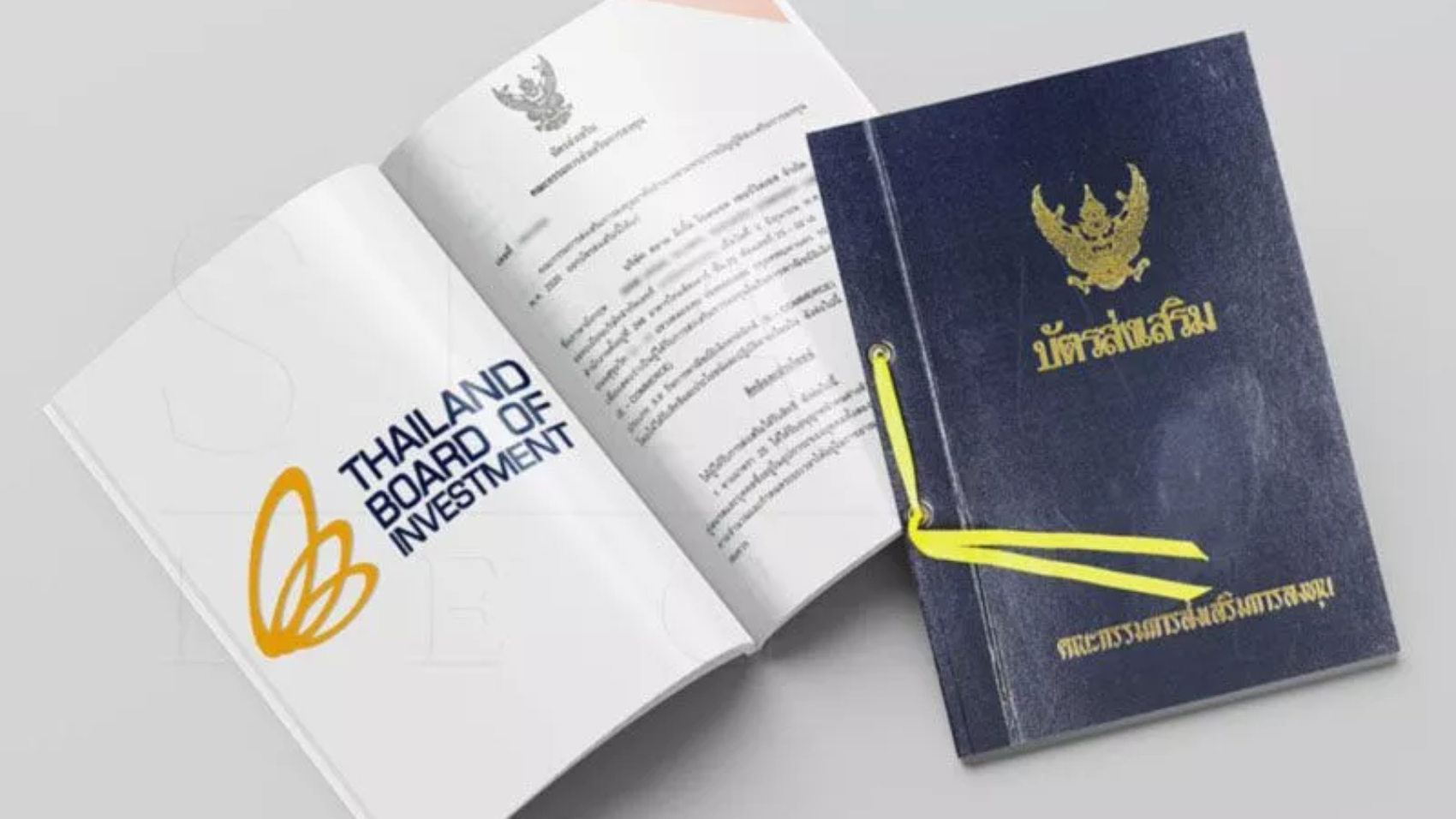The Thailand Board of Investment (BOI) is one of the most important economic organizations in Thailand. It promotes foreign direct investment and leads economic growth. The BOI was established to encourage and assist with investments, and it is an essential component of Thailand’s progress in the fields of technology and manufacturing. The article talks into detail regarding the Thailand Board of Investment’s worth, duties incentives, and application process. It shows the significance it is for business to advance and grow.
I. The Beginnings of the Thailand Board of Investment
The Thailand Board of Investment is a government body that works under the Office of the Prime Minister. It was founded in 1954. It was made to help and support investment in Thailand’s most important businesses from both inside and outside the country.
II. What the BOI wants to do
A. Getting people to invest: The BOI’s main job is to get people to invest in businesses that help Thailand reach its economic growth goals.
B. Making the economy more competitive: The BOI wants to make Thailand’s businesses more competitive on the world stage by giving them a variety of benefits.
C. Supporting Technological Progress: To boost industrial growth and efficiency, the BOI promotes the use of new technologies and innovations.
III. Supporting investment and focusing on key industries
The BOI divides businesses into different groups and offers different types of incentives to bring in capital. Manufacturing, farmland and the agro-industry, mining, and services are some of the priority businesses.
IV. Investment Incentives from BOI
A. Tax Breaks: Depending on the business and location, the BOI offers tax breaks or lower rates on company income tax for a certain amount of time.
B. No Import Duty or Lower Import Duty: Projects that are eligible may not have to pay import taxes on machinery, raw materials, and necessary parts.
C. Ownership and Use Rights of Land: Foreign owners can get the right to own land for activities that are supported, which isn’t possible otherwise.
D. Permission for Foreign Workers: The BOI tells foreign experts, techs, and skilled workers they can work in Thailand.
V. The Process of Application
A. Eligibility and Project Proposal: Investors must meet the requirements to be eligible and send in a detailed project proposal that explains how they plan to spend.
B. Sending the application to the BOI: The application and all the necessary papers are sent to the BOI.
C. BOI Review and Approval: The BOI looks over the application and gives the business project BOI promotion rights if it is approved.
VI. BOI and the Growth of the Economy
The BOI has been very important in bringing in a lot of foreign direct investment, which has helped Thailand’s industries grow, its technology improve, and new jobs are created.
VII. Problems and Plans for the Future
The BOI has been very important to Thailand’s economic growth, but it is always changing to meet new challenges and take advantage of new business possibilities around the world.
In conclusion
The Thailand Board of Investment is still an important part of Thailand’s economy because it encourages investment, technology progress, and industrial growth. By providing a variety of benefits, the BOI continues to attract investors from both inside and outside of Thailand. This helps Thailand remain competitive in the global market. The BOI is set to be very important to Thailand’s future economic growth as it adjusts to new business environments and supports new industries.


